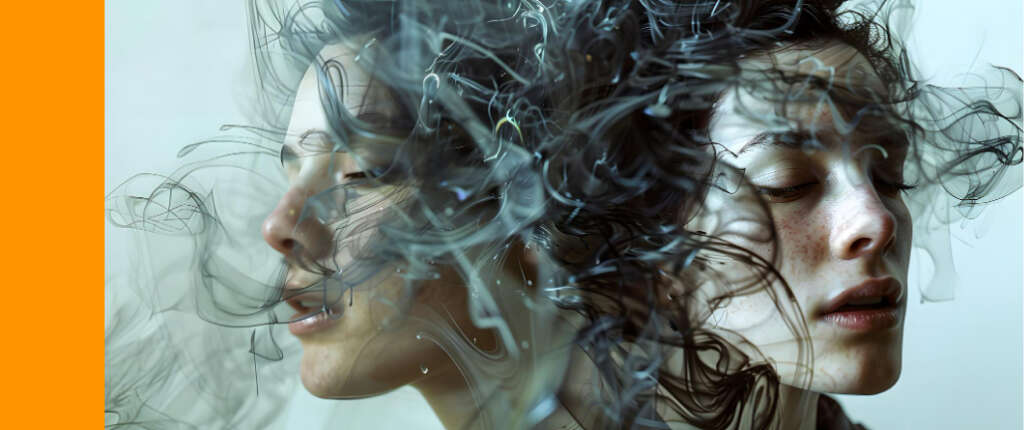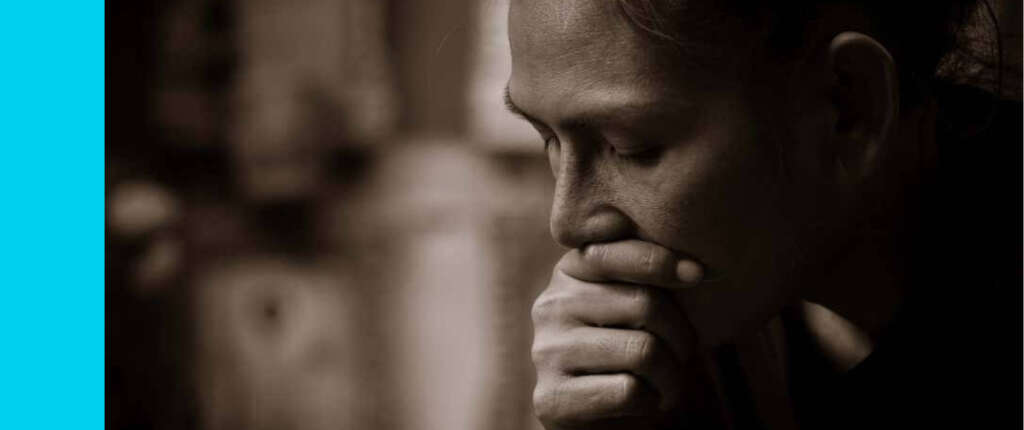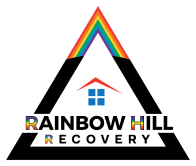Rainbow Hill Recovery Treats Mental Health
Mental Health
Our community has been through so much. It may not feel like it, but making it this far to seek help, is already evidence that you have much more resilience and strength than you may realize. If you are experiencing a mood or trauma-based disorder, experiencing compassionate listeners with effective strategies in an environment that is safe and free from judgement about your sexual minority identity, can be a welcome relief.
Find community at Rainbow Hill Recovery. Learning how to seek personal and interpersonal safety and security that promotes mental well-being.
What we treat
What we
don’t treat
Active Suicidality
Active, untreated psychosis
Depressive Disorders

Depressive disorders are a group of mental health conditions characterized by persistent feelings of sadness, hopelessness, and a lack of interest or pleasure in most activities.
- Major Depressive Disorder
- Persistent Depressive Disorder
Anxiety Disorders

Anxiety-related disorders are a group of mental health conditions characterized by excessive and persistent feelings of anxiety or fear.
- Generalized Anxiety Disorder
- Panic Disorder
- Social Anxiety Disorder
Bipolar I and II Disorders

Bipolar I and II disorders are mood disorders characterized by significant changes in mood, energy levels, and activity. Both disorders involve episodes of mood disturbances, but they differ in their specific patterns and severity.
- Bipolar I disorder is characterized primarily by the presence of at least one manic episode. This disorder can also include depressive episodes, but the key feature is the occurrence of manic episodes.
- Bipolar II disorder is characterized by the presence of one or more hypomanic episodes and at least one major depressive episode.
Bipolar Characteristics - Manic Episodes: A manic episode is defined by a period of elevated, expansive, or irritable mood lasting at least one week.
- Inflated self-esteem or grandiosity
- Expansive, or irritable mood
- Decreased need for sleep
- More talkative than usual or feeling pressured to keep talking
- Racing thoughts or flight of ideas
- Easily distracted
- Increased energy or in goal-directed activities (either socially, at work or school, or sexually) or physical restlessness
- Engaging in risky behaviors (e.g., excessive spending sprees, unwise business investments)
- Hypomanic Episodes: A hypomanic episode is similar to a manic episode but less severe and shorter in duration.
- Depressive Episodes:
- Persistent feelings of sadness or hopelessness
- Loss of interest or pleasure in most activities
- Significant weight loss or gain, or changes in appetite
- Insomnia or excessive sleep
- Psychomotor agitation or retardation
- Fatigue or loss of energy
- Feelings of worthlessness or excessive guilt
- Diminished ability to think or concentrate
- Recurrent thoughts of death or suicide
Trauma and Stressor Related Disorders

Trauma and stressor-related disorders are mental health conditions that arise in response to experiencing or witnessing traumatic or stressful events. These disorders are characterized by significant emotional distress and functional impairment resulting from such experiences
- Complex / Childhood Trauma
- Post-Traumatic Stress Disorder
- Acute Stress Disorder
- Adjustment Disorder
Grief Related Disorders

Grief-related disorders encompass a range of conditions that arise from the experience of loss, typically the death of a loved one. While grief is a natural and expected response to loss, in some cases, the intensity and duration of grief can lead to significant distress and functional impairment.
Gender dysphoria

Gender dysphoria is a psychological condition where a person experiences significant discomfort or distress because their gender identity differs from the sex they were assigned at birth. This incongruence can affect various aspects of a person’s life, including their emotional well-being, social interactions, and daily functioning.
Core Symptoms:
- Persistent Discomfort: A strong and persistent desire to be of the other gender, or the conviction that one has the typical feelings and reactions of the other gender.
- Incongruence: A marked difference between one’s experienced or expressed gender and the gender assigned at birth, which leads to significant distress or impairment.
